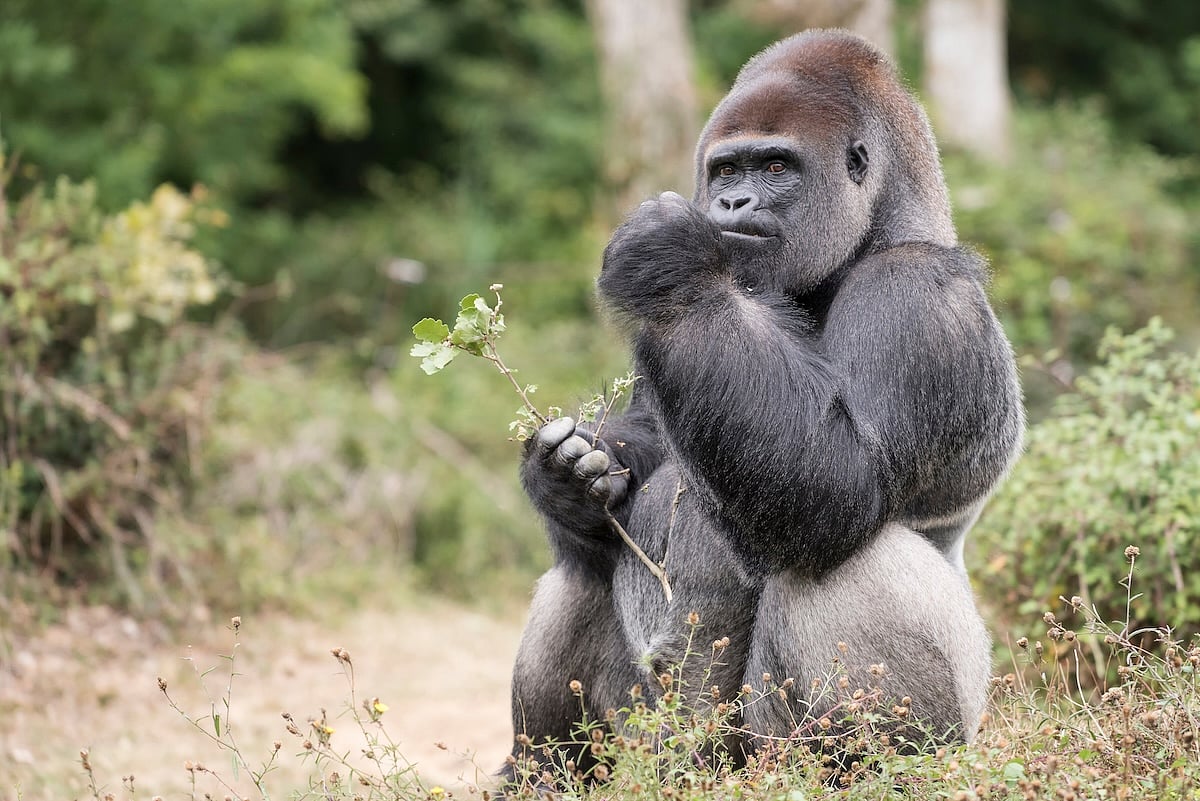Due to a recent change in our pharmacy software system, the process for submitting refill requests online has now changed.
Our previous mobile app and your current login credentials will no longer work.
Please click the Patient Portal tab to begin the new process.
Thank you for your patience during this transition.
Get Healthy!

- Dennis Thompson
- Posted September 13, 2024
'Self-Medicating' Gorillas Are Leading People to New Medicines
Humans could learn a few medical tips from their gorilla cousins, a new study says.
Four plants used by wild gorillas in Gabon have antibacterial and antioxidant properties, researcher reported Sept. 11 in the journal PLOS One.
Wild great apes often self-medicate, consuming medicinal plants that can treat their ailments, researchers said.
Observing gorillas, researchers identified four native plant species they regularly use: the fromager tree (Ceiba pentandra), giant yellow mulberry (Myrianthus arboreus), African teak (Milicia excelsa) and fig trees (Ficus).
The bark of all four plants demonstrated antibacterial activity against at least one antibiotic-resistant strain of E. coli, researchers discovered in lab tests.
One in particular, the fromager tree, showed “remarkable activity” against all tested E. coli strains.
All four plants also contain compounds that have medicinal effects, including phenols, alkaloids, flavonoids and proanthocyanidins, researchers said.
Interviews with 27 people living in a nearby village found that these plants are used in local traditional medicine, the researchers added.
Biodiverse regions like central Africa are home to a huge reservoir of potentially medicinal plants, researchers said. By paying attention to wild great apes, humans might be able to find new means of combatting antibacterial-resistant germs.
“Alternative medicines and therapies offer definite hope for the resolution of many present and future public health problems,” wrote the research team led by senior investigator Sylvain Godreuil, a professor with the Montpellier University Hospital in France.
The four plants identified in this study could be promising targets for future drug research, particularly given the focus on identifying new antibiotics, researchers said.
More information
The U.S. Centers for Disease Control and Prevention has more about antibiotic resistance.
SOURCE: PLOS One, news release, Sept. 11, 2024







